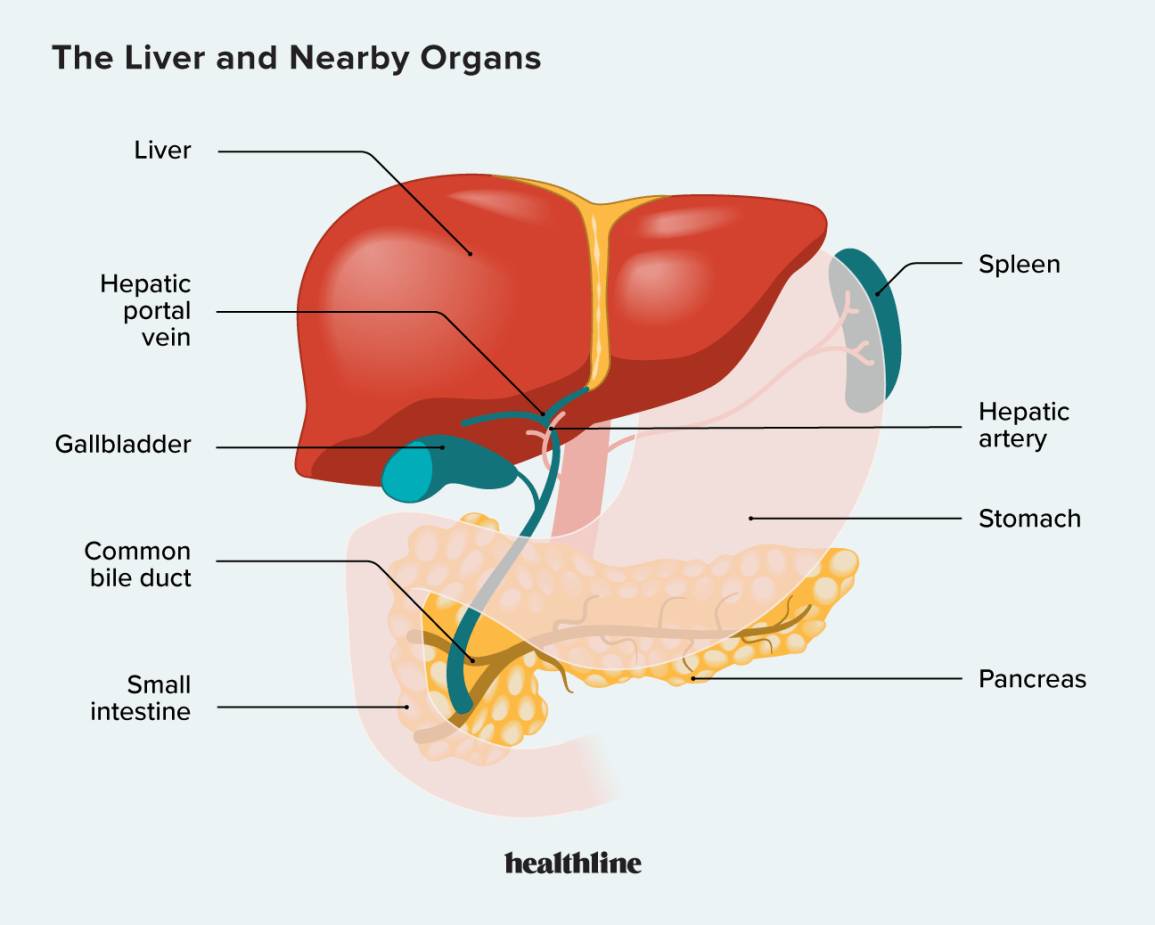Signs and Symptoms of Unhealthy Organs: Understanding the Body's Warning Signals
Our bodies are intricate systems, composed of numerous organs working harmoniously to maintain our health and vitality. Each organ has its own unique function, contributing to the overall well-being of the body. However, when one or more organs start to malfunction, it can lead to a cascade of health issues. Recognizing the signs and symptoms of unhealthy organs is crucial for early intervention and effective treatment. In this article, we will explore some common indicators of organ dysfunction and the importance of paying attention to these warning signals.
The Silent Communicators: How Organs Signal Trouble
Our organs play a silent but vital role in our daily lives. When they're functioning properly, we often don't give them a second thought. Yet, when they're struggling, they have a way of communicating their distress. It's essential to listen to these signals and take them seriously.
1. Liver: The Detoxification Hub
The liver, responsible for detoxifying our body, can show signs of trouble through jaundice (yellowing of the skin and eyes), unexplained weight loss, and fatigue. Dark urine and pale stools can also indicate liver dysfunction. Lifestyle factors like excessive alcohol consumption and a high-fat diet can contribute to an unhealthy liver.
2. Heart: The Pumping Powerhouse
The heart is responsible for pumping blood throughout the body, supplying vital oxygen and nutrients. Symptoms of an unhealthy heart can include shortness of breath, chest pain, irregular heartbeat, and swelling in the ankles, legs, and abdomen. Risk factors such as high blood pressure, smoking, and a sedentary lifestyle can strain the heart.
3. Kidneys: The Filtration System
Kidneys filter waste and excess fluids from the blood. Signs of kidney dysfunction include changes in urination patterns, swelling in the hands and feet, fatigue, and persistent itching. High blood pressure and diabetes can increase the risk of kidney problems.
4. Lungs: The Oxygen Distributors
Responsible for oxygenating the blood and expelling carbon dioxide, the lungs can exhibit symptoms of distress such as chronic cough, shortness of breath, wheezing, and chest pain. Exposure to pollutants, smoking, and respiratory infections can harm lung health.
5. Pancreas: The Blood Sugar Regulator
The pancreas helps regulate blood sugar levels through insulin production. Unhealthy pancreas function can lead to symptoms like sudden weight loss, frequent urination, extreme thirst, and fatigue. A diet high in refined sugars and low in fiber can impact pancreas health.
6. Digestive System: Processing Nutrients
Digestive organs like the stomach and intestines can manifest issues through symptoms like persistent indigestion, bloating, diarrhea, and constipation. Poor diet, lack of fiber, and inadequate hydration can disrupt digestive health.
7. Brain: The Control Center
While not an organ in the traditional sense, the brain plays a vital role in overall health. Cognitive decline, memory problems, mood changes, and persistent headaches can signal brain health issues. Factors like stress, inadequate sleep, and poor nutrition can impact brain function.
Seeking Professional Help
It's important to note that these symptoms can be indicative of various health conditions, and a proper medical evaluation is crucial for an accurate diagnosis. Ignoring these signals or attempting self-diagnosis can lead to delayed treatment and worsened health outcomes.
Prevention and Maintenance
Maintaining organ health involves adopting a holistic approach to well-being. A balanced diet rich in nutrients, regular physical activity, stress management, sufficient sleep, and avoiding harmful habits like smoking and excessive alcohol consumption can go a long way in promoting healthy organ function.
In conclusion, our organs are the unsung heroes of our body's orchestra, working tirelessly to keep us alive and well. Paying attention to signs of organ dysfunction and seeking medical attention when necessary can prevent minor issues from snowballing into major health problems. By nurturing our organs through a healthy lifestyle and regular check-ups, we can ensure a harmonious and vibrant life.




No comments yet
Be the first to share your thoughts!